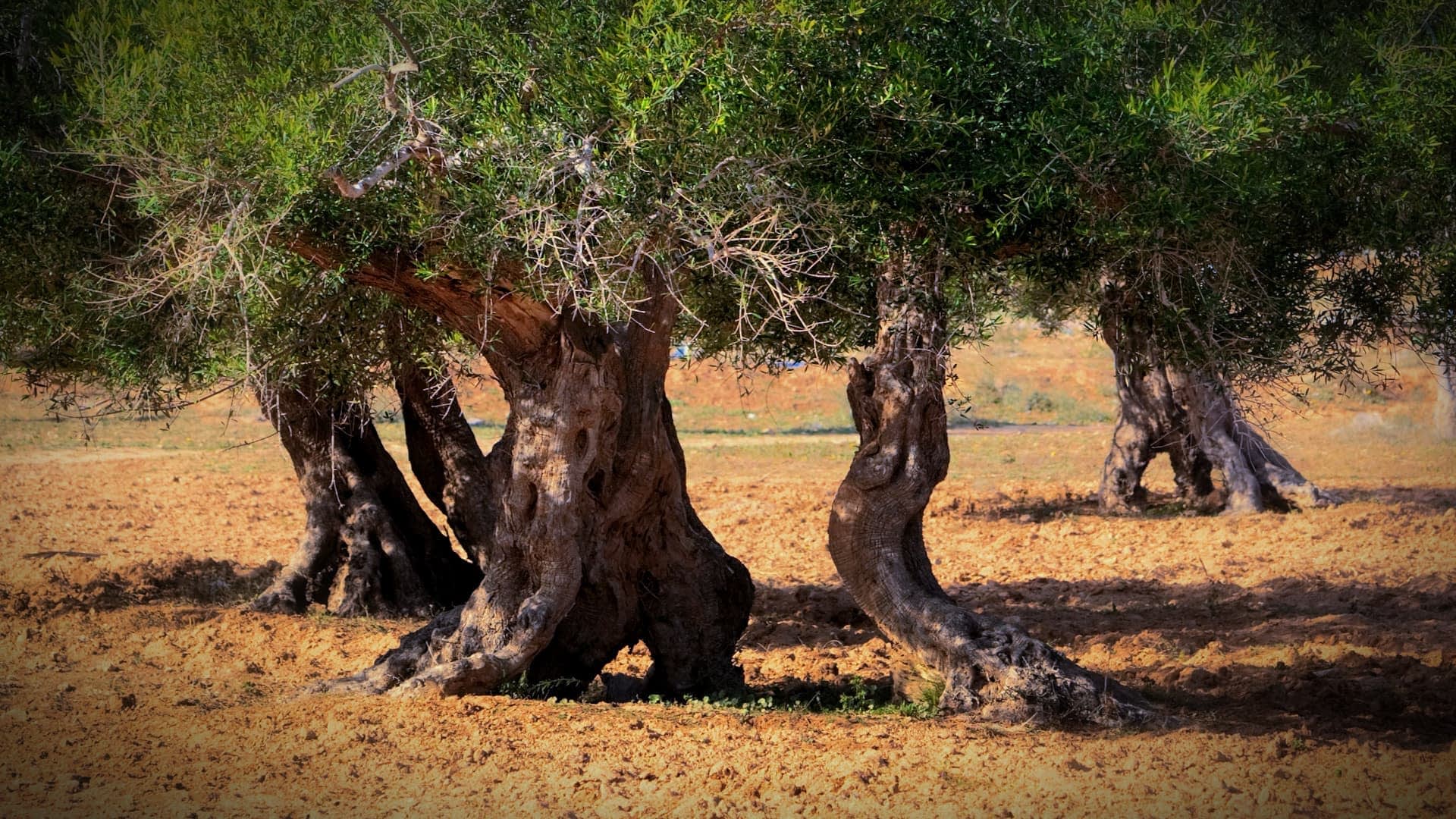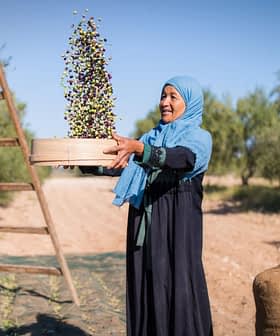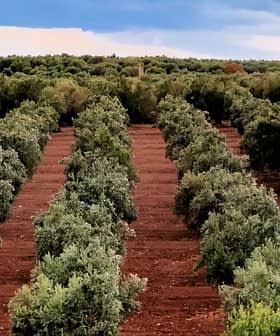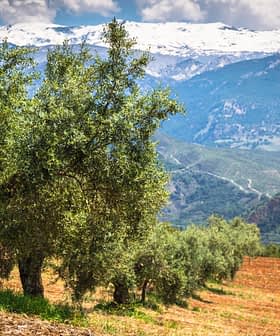Bumper Harvest Boosts Tunisian Olive Oil Exports Amid Market Volatility

Tunisia’s olive oil sector is experiencing a strong harvest rebound, with expectations of a record yield in the upcoming crop year and a significant increase in exports, although falling prices may impact the overall value of exports. Efforts are being made to stabilize prices and support producers in the face of market challenges, with a focus on maintaining fair prices for farmers while keeping exports competitive.
Amidst a robust harvest rebound, Tunisia’s officials and olive oil producers feel bullish even as the sector experiences growing pains.
The Ministry of Agriculture estimates that Tunisia will produce 340,000 metric tons in the 2024/25 crop year, the largest yield since the record-high 440,000 tons produced in 2019/20.
As a result, Tunisia’s National Olive Oil Office (ONH) expects exports to climb to 300,000 tons, a 50 percent increase compared to the previous crop year and the highest total since 2019/20.
Export prices will have to be slightly lower than those in Europe to avoid a market disruption that would be detrimental to all operators.
However, falling olive oil prices at origin mean the value of these exports is unlikely to reach the record 5.16 billion dinar (€1.56 billion) in 2023/24.
The ONH also highlighted that an unprecedented 28,600 tons of exports in the past crop year were packaged olive oil, a significant increase from the 9,900 tons in 2022/23.
“Our country has made significant efforts in packaging our olive oil, which has enabled it to increase the export of packaged oil to 15 percent of total exports,” Salem Fourati, the vice president of the Tunis-based International Studies Association, wrote in Kapitalis.
See Also:Tunisian Export Group Prepares Promotional BlitzHe added that Tunisia is well-poised to capitalize on the increasing conventional and organic olive oil consumption trends.
Even so, Fourati advocated for a formal partnership with the European Union, which imported 176,051 tons of mostly bulk Tunisian olive oil in 2022/23, to encourage the export of individually packaged Tunisian extra virgin olive oil.
However, Fourati also identified some challenges facing the sector. Lower extra virgin olive oil prices at origin have long given Tunisia a competitive advantage compared to its counterparts on the northern shores of the Mediterranean, but this is beginning to change.
“Even though our production prices are lower than those of some European countries… they will experience a slow but certain progression for the farmer’s benefit, which will encourage the development of our olive groves,” Fourati wrote.
“Export prices will have to be slightly lower than those in Europe to avoid a market disruption that would be detrimental to all operators,” he added.
To maintain stable prices at an adequate level for farmers and millers while keeping exports competitive, Fourati advocated for a flexible market stabilization structure to support producers when prices are low and prevent prices from rising too high.
“Price control is essential for the future of Tunisian olive oil,” he wrote. The stabilization structure would “intervene in the collection at a reference price fixed for each campaign for olive oil which has not found a buyer on the market and this on condition of storage and possible discount.”
See Also:Arrest of CHO Group CEO Shocks Tunisian Olive Oil SectorFourati added that this support mechanism would require a floor price for exports of extra virgin, virgin and lampante olive oil to improve transparency and “avoid dubious transactions.”
Hamed Dali, the ONH’s chief executive, said the organization could purchase and store 80,000 tons of olive oil to ensure farmers receive a fair price.
As prices at origin fell in Spain and Greece, Dali added that the ONH was already purchasing olive oil at “fair market prices” to release later in the year when prices are more likely to increase.
However, Moez Ben Zaghdan, the Tunisian Union of Agriculture and Fisheries president, warned that this solution may be a blunt instrument due to the variation in production costs across the country.
“We cannot currently set the price of olive oil in Tunisia because of the specificity of each production region and distribution of production between the different varieties of the olive tree,” he told Kapitalis.
Despite the market challenges, Ben Zaghdan acknowledged that the situation looks good for olive farmers, pointing to recent rainfall improving water resources across the country as a positive sign for the 2025/26 crop year.









